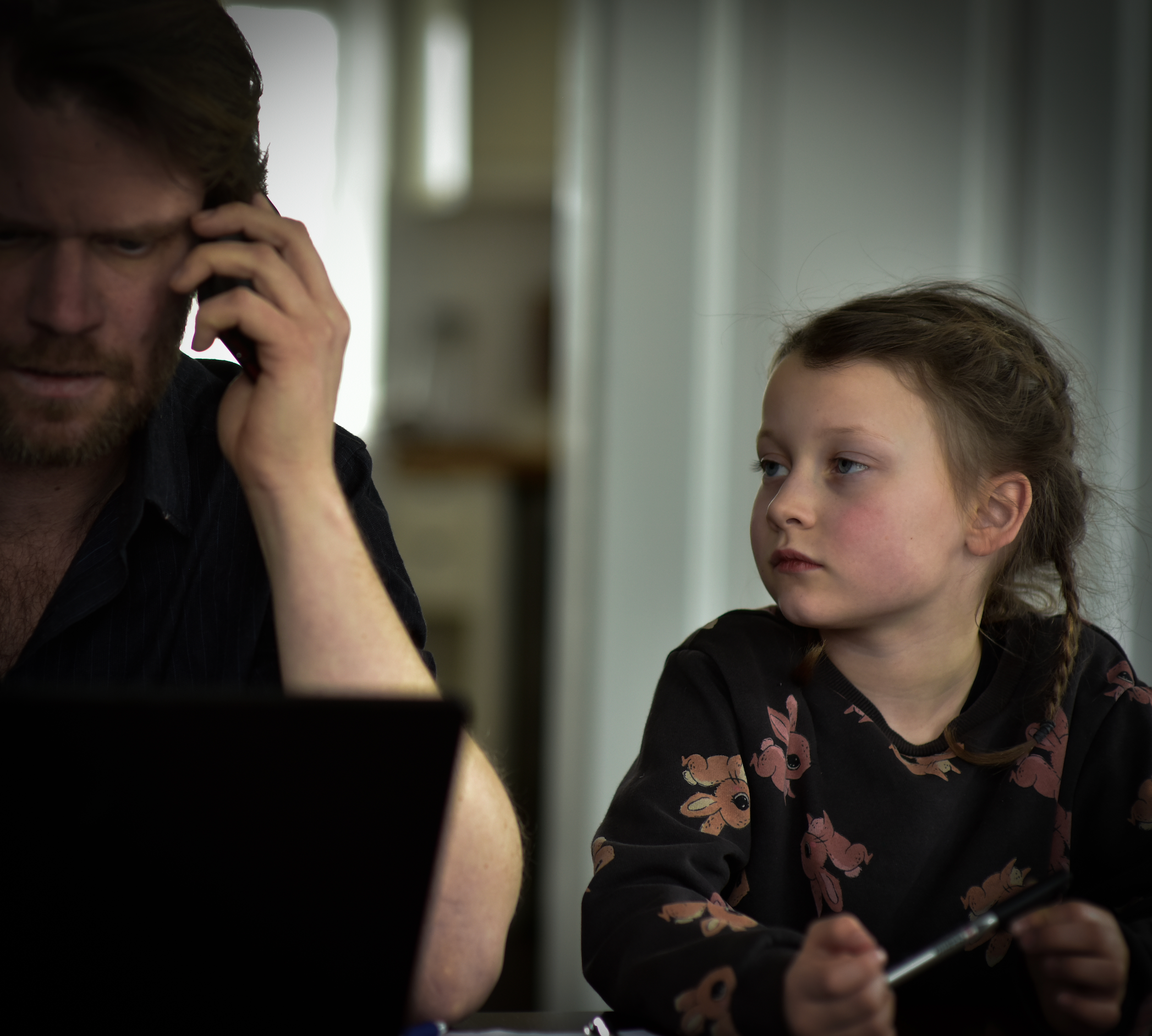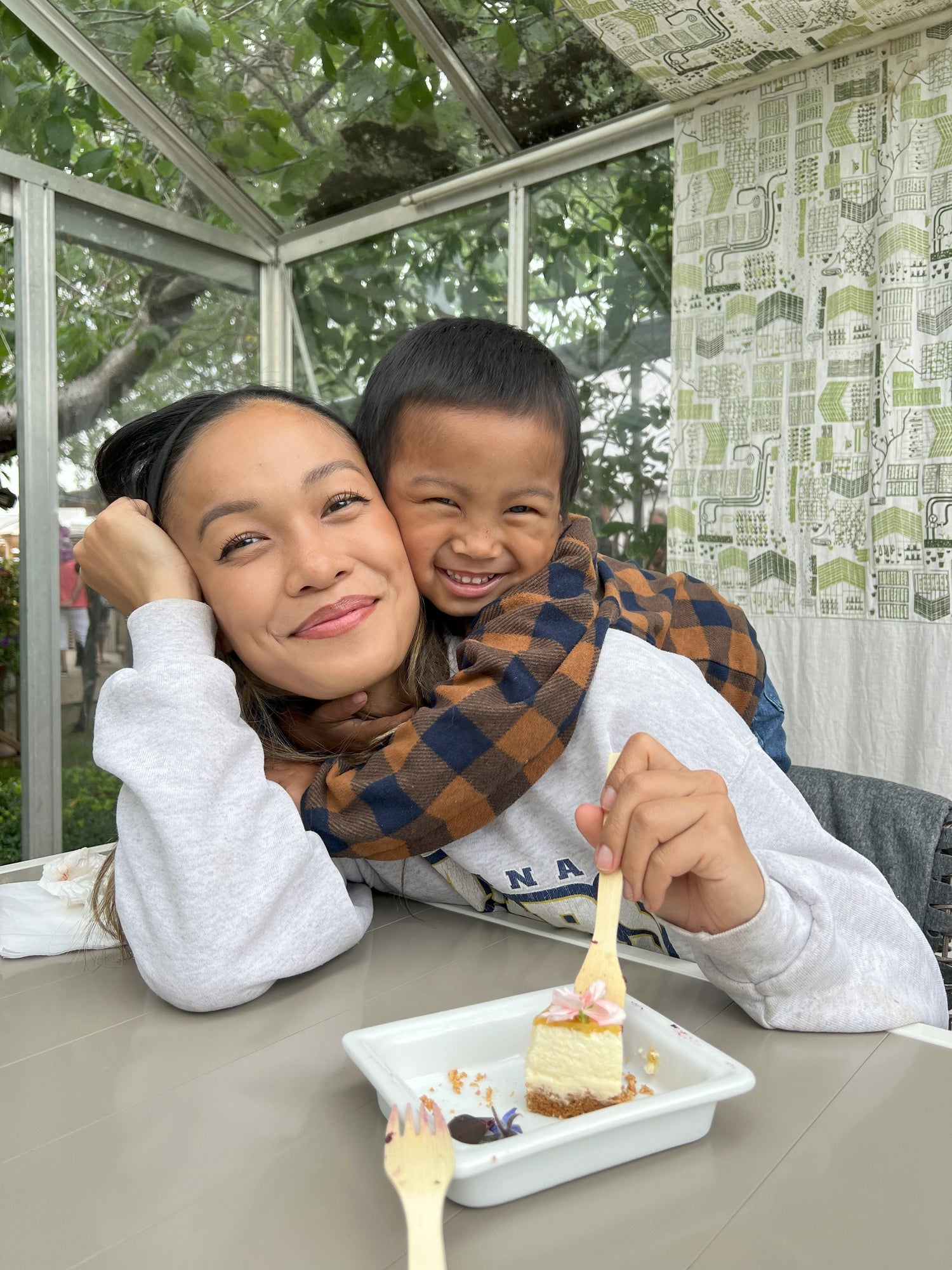By: Ida Welbourn
Licensed psychologist & Licensed psychotherapist
All people, children and adults, need confirmation that we are seen, heard and are important. For children, it is especially important for their development as persons, their self-esteem and empathy.
Self-esteem, respect and security: Listening to your child makes the child feel seen as an individual and fellow human being, makes him feel respected and included, which strengthens the child's security and sense of community. A child who is listened to develops his personality by being confirmed and mirrored, gets words and a feeling for who he is, his characteristics, interests and what he likes/dislikes.
Understanding and language development: Listening to your child becomes a golden opportunity to develop the child's stories with follow-up questions, interest and curiosity about the child's experiences and to help the child put into words feelings and characteristics that develop the child's understanding of himself and other people.
Communication and compassion: When you listen to your child, you are a role model for social and empathic skills and you teach them the basics of human interaction and communication, e.g. not to interrupt, to wait their turn, to get to the point, to get express themselves in their own way, to have different perceptions and opinions. The younger child learns turn-taking, i.e. being listened to and listening himself, which is an important social skill.
Why is it important to listen to your child? It becomes easy to understand if we look at the opposite: Children who do not feel listened to do not feel seen, they feel unimportant, deprioritized and uninteresting and they then have a bad opinion of themselves, low self-esteem, may become excessively quiet or rowdy because they don't know the rules of conversation or don't have the experience of being taken seriously. Imagine yourself as an adult, what it is like to have a conversation with a close friend who is constantly looking at his mobile, seems to be thinking about other things or only talks about himself. The difference is that you, as an adult, can talk about this to the friend or decide not to hang out with them as often, while children do not have this choice but are at the mercy of and dependent on their adults listening and being present.
For slightly older children and teenagers: Listening to your child/teen allows you to capture information that the child wants to tell in order to gain insight into the child's life and to be able to follow it up. A child who tells something important that is not followed up, e.g. "how was the friend/exam/practice" etc. after describing something that is problematic or difficult may feel unimportant or forgotten, and in time give up even try.
Use our emotion cards in conversations with children and young people. You will find them HERE





